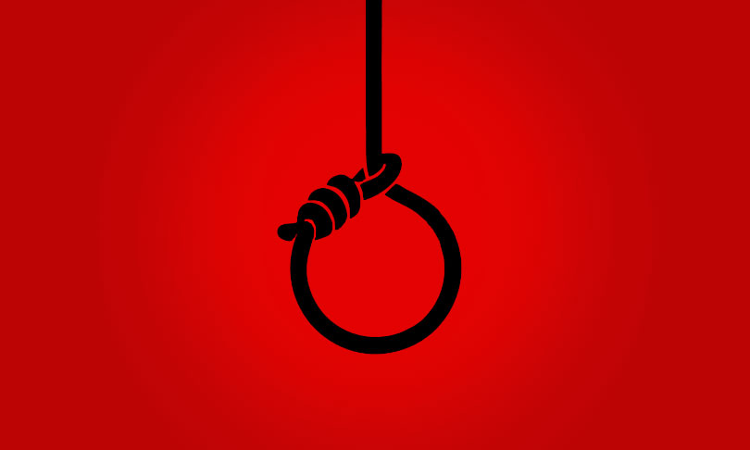The Kerala High Court has declined to impose death sentence upon Narendra Kumar, a native of Uttar Pradesh convicted for committing triple murders in Kottayam on May 17, 2015.He was convicted under Section 302 IPC and sentenced to the death for the brutal murder of his employer Praveenlal and his parents Lalasan and Prasannakumari.The Division Bench comprising Justice A.K. Jayasankaran...

